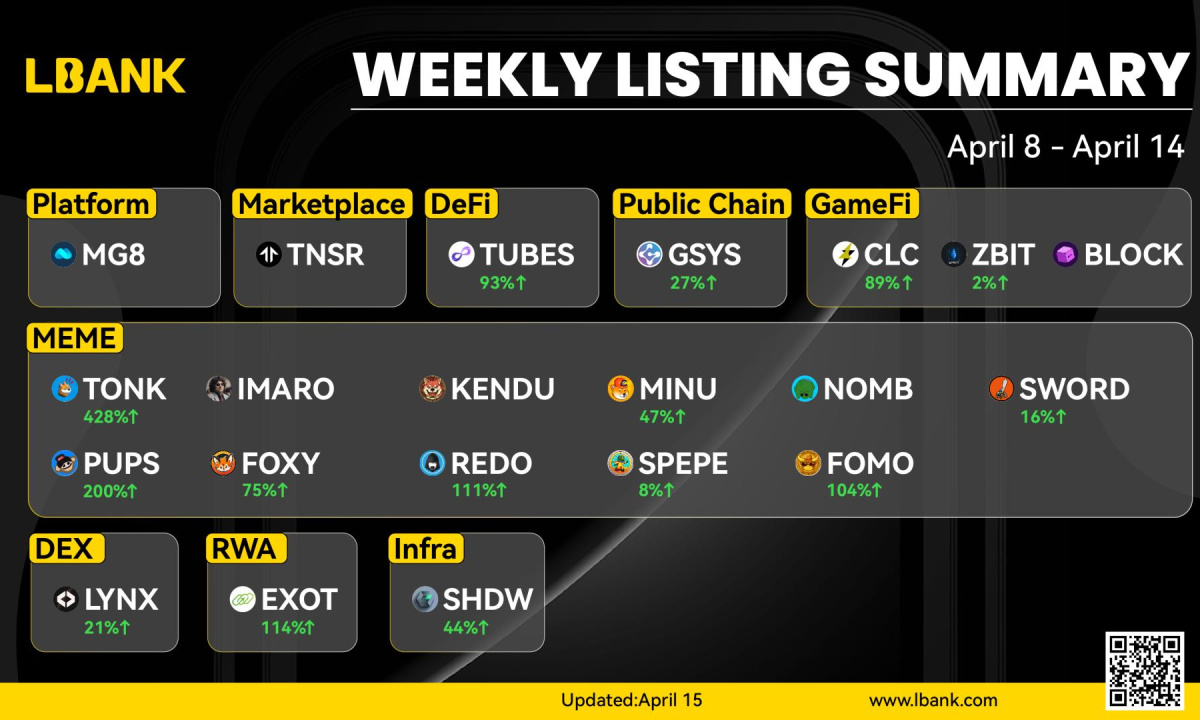Pharmeum have a working product that is already in use!
The problem
Today, it is not easy for you to travel from any country/city and access border-less Healthcare. The issue here arises in the lack of trust with the patient's access to Healthcare across the globe, but what if a trust-less form of technology was used?
Medical errors were reported to account for the third largest cause of death by the British Medical Journal in 2016. Wrongful prescription of medicines attributed to 70% of errors alone.
Paying the increasing cost of medicines and treatment is becoming a huge burden for patients and with many of these medicines and treatments actually saving lives, we are at an extremely critical turning point and something needs to be done in order to change this dynamic.
The Prescription process is outdated and inefficient and means that patients have to queue for their medicines and also must spend time and energy chasing repeat prescriptions. How can such antiquated methods be tolerated in our digital high tech society?
Patient health is left in the hands of a doctor who is almost certainly incredibly busy and therefore the chance that he might make an error or oversight is high. Early detection and diagnosis of possible life-threatening conditions is hit and miss and is reliant once again on a healthcare professional getting it right every time —will this always be a high probability?
Finally, high on the list of ‘other’ problems, we have the thorny issue of data security. Believe it or not, health records are more prized by hackers than even credit card numbers. Social security numbers and personal addresses in health records have far greater longevity than credit card numbers and so can be used to apply for credit cards or circumvent anti-fraud measures. Health care institutions do not have the same level of security as banks and therefore they are far more vulnerable to targeting and exploitation.
The solution
Pharmeum has built the first private blockchain solution, incorporating artificial intelligence, enabling them to put patients at the centre of the healthcare system, and for the first time, giving them a real say in how their data is managed. With the Pharmeum platform, patients will have full control over their data, even to the extent of giving permission for their data to be analysed and by whom.
The Pharmeum Smart Network (PSN) is a friction-less ecosystem, given that it is paperless and that timely information on a patient’s prescription is sent to all interested parties as soon as the doctor has prescribed treatment. Thereby connecting hospitals, insurance, pharmacies and patients under one network. Cost efficiencies are made in this way which knocks on to the price of the prescription. Also, by way of a mobile app, the patient is able to see all the pharmacies in close proximity and view just how much their prescription costs in each one, allowing them to choose the most cost-effective one ‘anywhere’ they happen to be in the world, as well as see how delivery prices compare.
All processes on the Pharmeum platform are instantaneous, whether that be the sending of the prescription, the payment or when the patient grants data access to a particular health care entity. Cryptographic storage enables a patient’s entire medical history to be safely stored whilst being easily and securely accessible when necessary. Where patient health is concerned speed and security are of the essence and it seems Pharmeum has this covered.
Another element that really gives Pharmeum the edge over competitors is its use of artificial intelligence (AI) married to the blockchain, creating the Pharmeum Brain. Consistent analysis of patient data over time using AI deep learning algorithms means that unusual patterns in the data can be spotted early which can forewarn of the beginnings of a medical problem. The system then alerts the doctor or pharmacist who can contact the patient right away for remedial treatment.
The AI technology also works in the background while a doctor is prescribing and authorising medication use. Given just how busy doctors are and how they may be working on several prescriptions at once, AI can detect an incorrect prescription based on a patient’s health history and can alert the doctors, allowing them to review the particular flagged subscriptions.
Given the necessity for huge scalability, with the sheer number of patients to be served in a health system project like Pharmeum, the actual choice of the blockchain platform is extremely important. Hyperledger Fabric is just right for this project because it can provide an enterprise-grade blockchain network capable of more than 1000 transactions per second. Private channels enable patient privacy and security. IBM, Intel and Cisco have adopted Hyperledger, which also makes it an extremely stable and well-backed platform.
Adoption
Pharmeum is not just a blockchain blueprint with lofty ideals. Serious traction is taking place, which began with BluePatient, a project that trialled successfully with the NHS during Q2 of 2018. The fact that Pharmeum was able to trial its product with such an important institution speaks volumes for the perceived trust and potential of the platform.
A MVP (minimum viable product) was developed in Q4 2018 and now the live platform is currently being trialled in the UK, a working platform even before the PHARM token is offered at IEO in Q3 this year. The PHARM token will act as the very first universal healthcare token, enabling borderless access and payment of medical costs.
Recently, at the end of May, Pharmeum, in the person of CEO Zain Rana, attended the Malta Blockchain Summit. Here Pharmeum was recognised as a pioneer in AI and Blockchain implementation. After being shortlisted, Pharmeum eventually achieved the rank of 3rd in the list of Top AI Projects of 2019.
Pharmeum can be the first to use a permissioned blockchain to store patient medical data and prescriptions. Their use of the PHARM token as a friction-less payment medium can revolutionise how medicines are paid for. In addition, their plan to put patients at the centre of their own health care, giving them choice and cheaper prescriptions should make Pharmeum a strong contender to lead global health systems into the future.
Disclaimer: This article should in no way be taken as financial advice or as encouragment to invest in any particular asset or company. All those wishing to invest in the crypto market should do their own research or use the services of a fully certified financial adviser.
Investment Disclaimer







